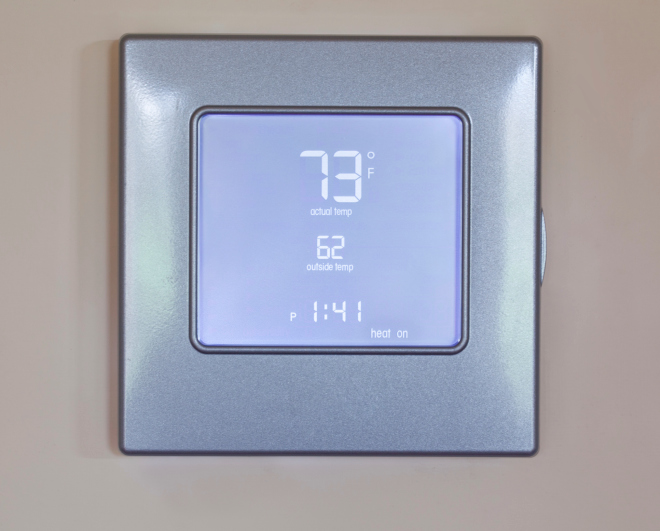A Few Simple Ways To Upgrade The Kitchen Pantry
 During the past few months, people have been spending much more time at home than usual. Therefore, many people are looking for ways to upgrade their homes. A common area of focus is the kitchen.
During the past few months, people have been spending much more time at home than usual. Therefore, many people are looking for ways to upgrade their homes. A common area of focus is the kitchen.
Even though many people are thinking about upgrading cabinets and countertops, the kitchen pantry should also be a target for home improvement. There are a few simple ways that everyone can improve their kitchen pantry.
Use Vertical Storage
One of the top tips for everyone to follow is to use vertical storage capacity. It is a smart idea for everyone to build in a few extra storage areas by thinking about under-shelf baskets. These baskets can help people instantly create space for various items and ingredients. Furthermore, think about using the insides of cabinet doors to create some extra shelves, walls, or baskets. This can significantly add to the storage space of a pantry.
Think About Specific Needs For The Pantry
When looking at a kitchen pantry, it is a great idea for everyone to think carefully about specific needs they might have. Consider what items need to be stored in the pantry. Then, shop for the right items. For example, many people like to store wine bottles in the pantry. These are awkwardly shaped items that might not fit on typical shelves. Therefore, thinking about a wine rack that will fit in the pantry is a great way to create some extra, specific storage.
Relocate Bulk Items Somewhere Else
Too often, people end up trying to store bulk items in the pantry. While it is true that shopping in bulk is incredibly cost-efficient, bulk items can also take up valuable space in the kitchen pantry in the blink of an eye. Think about finding alternative locations for paper goods, canned items, and other large, non-perishable items. This will instantly open up some more storage space in the pantry.
Upgrade Storage In The Kitchen Pantry
Upgrading the kitchen does not always have to be expensive. There are simple ways that everyone can create extra storage space in their kitchen pantry by simply moving some other items around. Consider adding storage baskets to the kitchen pantry to create some new storage space.
 Last week’s economic news included readings on construction spending, the Fed’s Federal Open Market Committee statement, and a press conference by Federal Reserve chairman Jerome Powell. Labor data on public and private sector jobs and the national unemployment rate were reported along with weekly readings on mortgage rates and jobless claims.
Last week’s economic news included readings on construction spending, the Fed’s Federal Open Market Committee statement, and a press conference by Federal Reserve chairman Jerome Powell. Labor data on public and private sector jobs and the national unemployment rate were reported along with weekly readings on mortgage rates and jobless claims. It doesn’t matter if you heat your home with electricity, natural gas or some other energy source; prices continue to rise and that means increased heating costs for most of us.
It doesn’t matter if you heat your home with electricity, natural gas or some other energy source; prices continue to rise and that means increased heating costs for most of us.